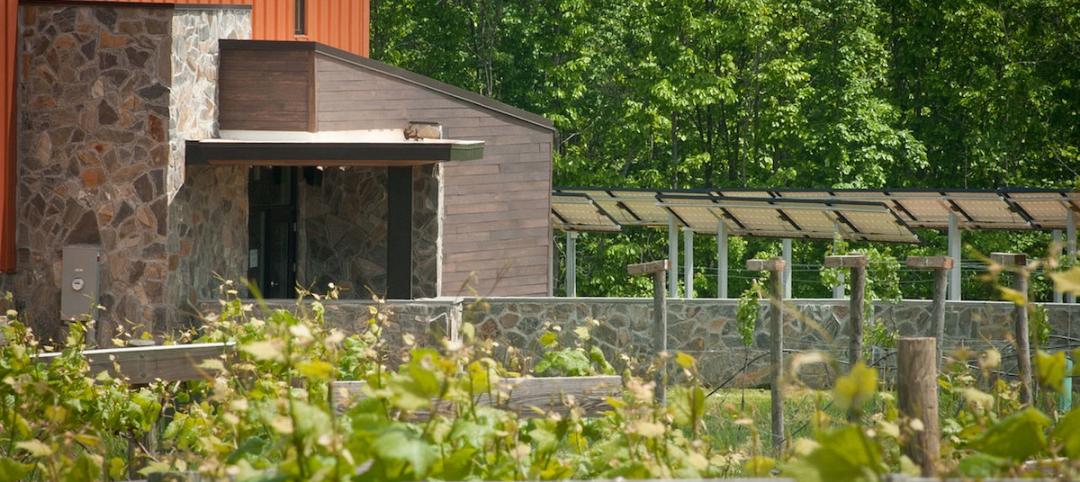Research at Case Western Reserve University has found that buildings that rock during an earthquake and return to plumb would withstand seismic shaking better than structural designs commonly used today in vulnerable zones of California and elsewhere.
Those buildings would also be more easily and cheaply repaired and could be put back into use faster, said Michael Pollino, an assistant civil engineering professor at Case School of Engineering. The computer model research suggests optimal sizes for damping devices and steel yielding devices that dissipate the energy of a quake.
Pollino’s model compares rocking steel-braced frames to current earthquake standards used in low- to mid-rise buildings. "Currently, engineers are designing low-rise structures for an earthquake that has a 10% chance of occurring in a 50-year-lifetime," Pollino said. "We accept there will be damage, but no collapse or loss of life. But what about an event that has a 50% chance of occurring? You may still have to tear the building down afterward.”
Pollino and other researchers are finding advantages to the design, which has not yet made it into practice. He and colleagues are discussing forming a technical committee of civil engineers that would advance the technology into practice. Pollino is now applying for funding to begin physically testing designs in the university's structures laboratory.
Related Stories
Codes and Standards | Mar 12, 2015
Energy Trust of Oregon offers financial incentives for net-zero buildings
The organization is offering technical assistance along with financial benefits.
Codes and Standards | Mar 10, 2015
Real estate interests push Congress for Census funding
The groups have joined forces to urge Congress to fully fund the 2020 Census and the annual American Community Survey in its 2016 budget.
Codes and Standards | Mar 5, 2015
Charlotte, N.C., considers rule for gender-neutral public bathrooms
A few other cities, including Philadelphia, Austin, Texas, and Washington D.C., already have gender-neutral bathroom regulations.
Codes and Standards | Mar 5, 2015
FEMA cuts off funding to Indiana after Kokomo continues building stadium in flood zone
FEMA will withhold funding on $5.5 million worth of projects such as building tornado safe rooms in schools.
Codes and Standards | Mar 5, 2015
Construction problems at prison spur support to quash non-traditional project delivery in Iowa
Iowa lawmakers are investigating construction problems at the Fort Madison prison project and are scrutinizing rules regarding project delivery on state projects.
Codes and Standards | Mar 5, 2015
AEC industry groups look to harmonize green building standards, codes
The USGBC, ASHRAE, ICC, IES, and AIA are collaborating on a single green code.
Codes and Standards | Mar 2, 2015
Nevada moves to suspend prevailing wage rules on school projects
The Nevada Senate approved a bill that would suspend prevailing wage rules on school projects.
Codes and Standards | Mar 2, 2015
Proposed energy standard for data centers, telecom buildings open for public comment
The intent of ASHRAE Standard 90.4P is to create a performance-based approach that would be more flexible and accommodating of innovative change.
Codes and Standards | Feb 22, 2015
Louisiana officials critical of stricter building standards in flood-prone areas
Buildings would have to be built either two or three feet above the base flood elevation for a 100-year flood or above the base elevation for a 500-year flood.
Codes and Standards | Feb 18, 2015
USGBC concerned about developers using LEED registration in marketing
LEED administrators are concerned about a small group of developers or project owners who tout their projects as “LEED pre-certified” and then fail to follow through with certification.















